Creating a transparent and attractive investment environment
EVFTA is one of the important free trade agreements, opening up great development opportunities for the investment environment in Vietnam. A prominent content of EVFTA is the commitment to fair treatment for investors, including national treatment (NT), most-favored-nation treatment (MFN), and performance requirements (PR). This is the foundation for creating a more transparent, equal, and attractive investment environment.
The National Treatment (NT) commitment requires Vietnam to ensure that investors from the EU enjoy the same investment conditions as domestic investors. Accordingly, EU investors have the right to access economic and service sectors such as finance, information technology or industrial production without discrimination. This provision not only helps EU investors feel more secure when participating in the Vietnamese market but also promotes the improvement of the competitiveness of domestic enterprises. When facing international standards, Vietnamese enterprises are forced to innovate technology, improve product quality, and optimize business operations to survive and develop.
In addition, the most-favored-nation (MFN) principle in the EVFTA ensures that EU investors are not treated less favorably than investors from any other country with which Vietnam has signed bilateral trade or investment agreements. This means that the benefits that Vietnam commits to give to investors from other countries must be similarly extended to the EU. However, this provision does not apply to some special incentives within the ASEAN region or specific agreements on national security. The MFN commitment creates a fair competitive ground among countries investing in Vietnam, helping to attract more high-quality capital from the EU and other regions.
Another important element of the EVFTA is the commitment related to performance requirements (PR). PR provisions aim to prevent the imposition of unreasonable conditions on investors, such as compulsory technology transfer requirements, preferential use of domestic labor, or export ratio restrictions. These provisions help protect the interests of EU investors, while also creating conditions for them to freely apply modern technology and advanced management methods in Vietnam. Removing barriers such as forced technology transfer or unnecessary localization requirements will help promote productivity and product quality, bringing greater benefits to the Vietnamese economy.
According to the Multilateral Trade Policy Department, to effectively implement the commitments in the EVFTA, Vietnam has been vigorously reforming its legal system. Adjustments to the investment law and enterprise law, along with guiding decrees and circulars, ensure that the investment environment is in line with international standards. Training of management staff and building a transparent monitoring mechanism are also necessary steps to prevent conflicts and ensure strict implementation of the provisions in the agreement.
In practice, the implementation of commitments on NT, MFN, and PR not only creates an equal investment environment but also enhances the image of Vietnam as an attractive and trustworthy destination on the global investment map. When the principles of transparency and fairness are ensured, EU investors will have more confidence to promote projects in Vietnam. This not only creates more jobs, increases foreign exchange earnings but also promotes knowledge and technology transfer, contributing to the deeper integration of the Vietnamese economy into the global value chain.
Strengthening Vietnam's position as an investment attraction
EVFTA is a new generation free trade agreement that has been strongly promoting trade cooperation between Vietnam and the European Union (EU). Along with that, the EVFTA also opens up great development opportunities for the investment environment in Vietnam. EVFTA contributes to consolidating Vietnam's position as an attractive destination for European investment, creating a "push" to attract FDI capital flows from the EU to Vietnam, especially small and medium enterprises, through commitments on trade and investment. In addition, EVFTA contributes to bringing the EU to the 6th position among the largest FDI investors in Vietnam with 2,450 projects, total investment capital of more than 28 billion euros.
The EU's investment trend is still mainly focused on high-tech industries. However, recently, there has been a tendency to develop more focused on service industries (post and telecommunications, finance, office rental, retail), clean energy, supporting industries, food processing, high-tech agriculture , pharmaceuticals, etc. It is forecasted that the flow of FDI from the EU to Vietnam in the medium and long term will increase significantly with many high-quality and valuable projects.
Deputy Director of the Multilateral Trade Policy Department - Mr. Ngo Chung Khanh said that in the current complex geopolitical context, the EU's diversification of markets and supply chains is inevitable. The EU tends to shift investment to markets with stable political environments, favorable business and investment environments, and advantages in accessing markets around the world. A notable point in this trend is that the implementation of the EVFTA not only attracts investment from EU enterprises but also attracts non-European enterprises to invest in Vietnam to produce in order to take advantage of tax incentives under the EVFTA to export goods to Europe.
According to the Foreign Investment Agency, by 2024, EU countries will have about 2,450 FDI projects in Vietnam with a total registered capital of approximately 30.6 billion USD, of which 4 countries including the Netherlands, France, Luxembourg and Germany alone will contribute more than 20 billion USD. The EU continues to maintain its position as a high-quality investment partner, with stable capital flows into high-tech and service sectors. A number of large European corporations have expanded or made new investments in Vietnam in high-value-added and sustainable development sectors.
Mr. Dominik Meichle - Chairman of the European Chamber of Commerce in Vietnam (EuroCham) commented that EVFTA has created new opportunities for European businesses in the Vietnamese market. However, for this agreement to be more effective and help investors feel more secure when doing business in Vietnam, the destination needs to solve many problems, especially those related to legal procedures and tax policies.
According to EuroCham, EU businesses highly appreciate the investment environment in Vietnam thanks to political stability, skilled human resources and especially the transparent investment protection legal framework from EVFTA. The Business Confidence Index (BCI) in the second quarter of 2025 reached 61.1 points, reflecting the stable and positive sentiment of the European business community in Vietnam.
Although only about 21% of surveyed businesses could quantify direct profits from the EVFTA, the average profit increase for this group was 8.7%, with some businesses reporting increases of up to 25%. Notably, 72% of surveyed business leaders said they were willing to introduce Vietnam as an attractive investment destination - a stable rate over many EuroCham surveys. This is a clear demonstration of the EU business community's long-term confidence in Vietnam's development prospects.
Source: https://moit.gov.vn/tin-tuc/thi-truong-nuoc-ngoai/thuc-thi-hieu-qua-cam-ket-dau-tu-trong-evfta.html


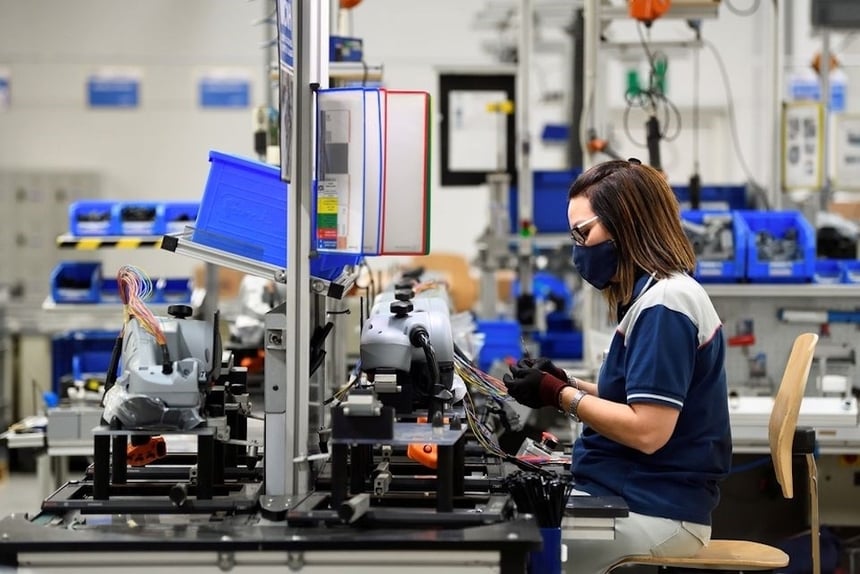
![[Photo] Prime Minister Pham Minh Chinh chairs the 14th meeting of the Steering Committee on IUU](https://vphoto.vietnam.vn/thumb/1200x675/vietnam/resource/IMAGE/2025/9/23/a5244e94b6dd49b3b52bbb92201c6986)
![[Photo] General Secretary To Lam meets voters in Hanoi city](https://vphoto.vietnam.vn/thumb/1200x675/vietnam/resource/IMAGE/2025/9/23/d3d496df306d42528b1efa01c19b9c1f)

![[Photo] The 1st Congress of Party Delegates of Central Party Agencies, term 2025-2030, held a preparatory session.](https://vphoto.vietnam.vn/thumb/1200x675/vietnam/resource/IMAGE/2025/9/23/e3a8d2fea79943178d836016d81b4981)














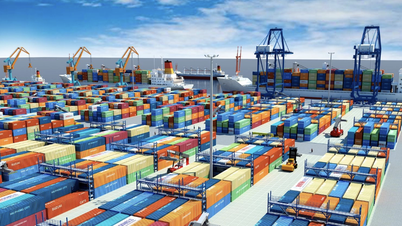



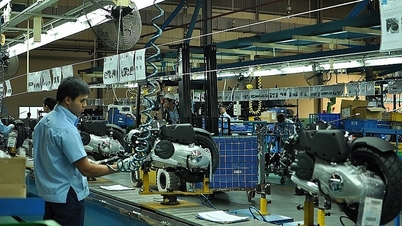
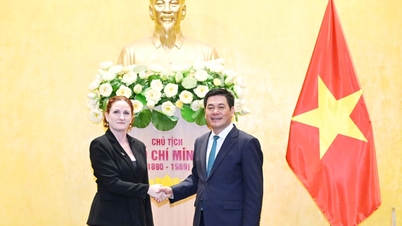
























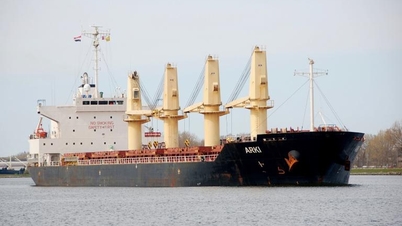


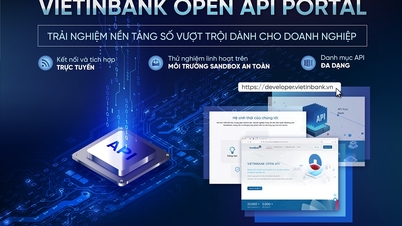

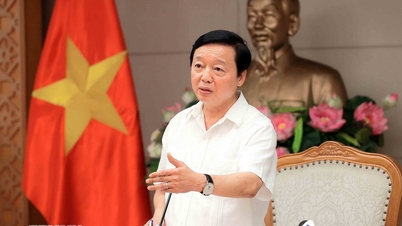












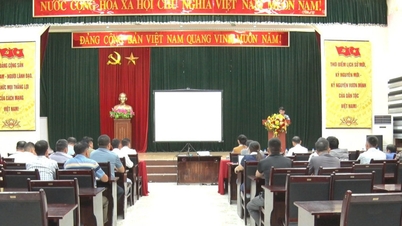

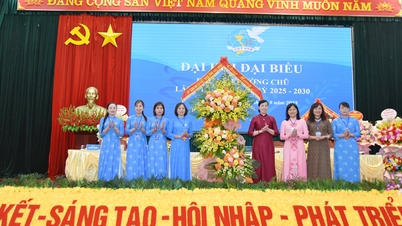









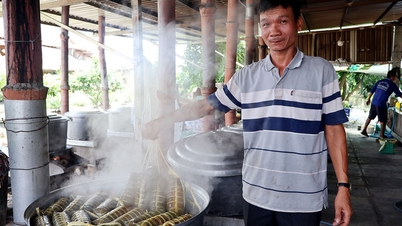







Comment (0)